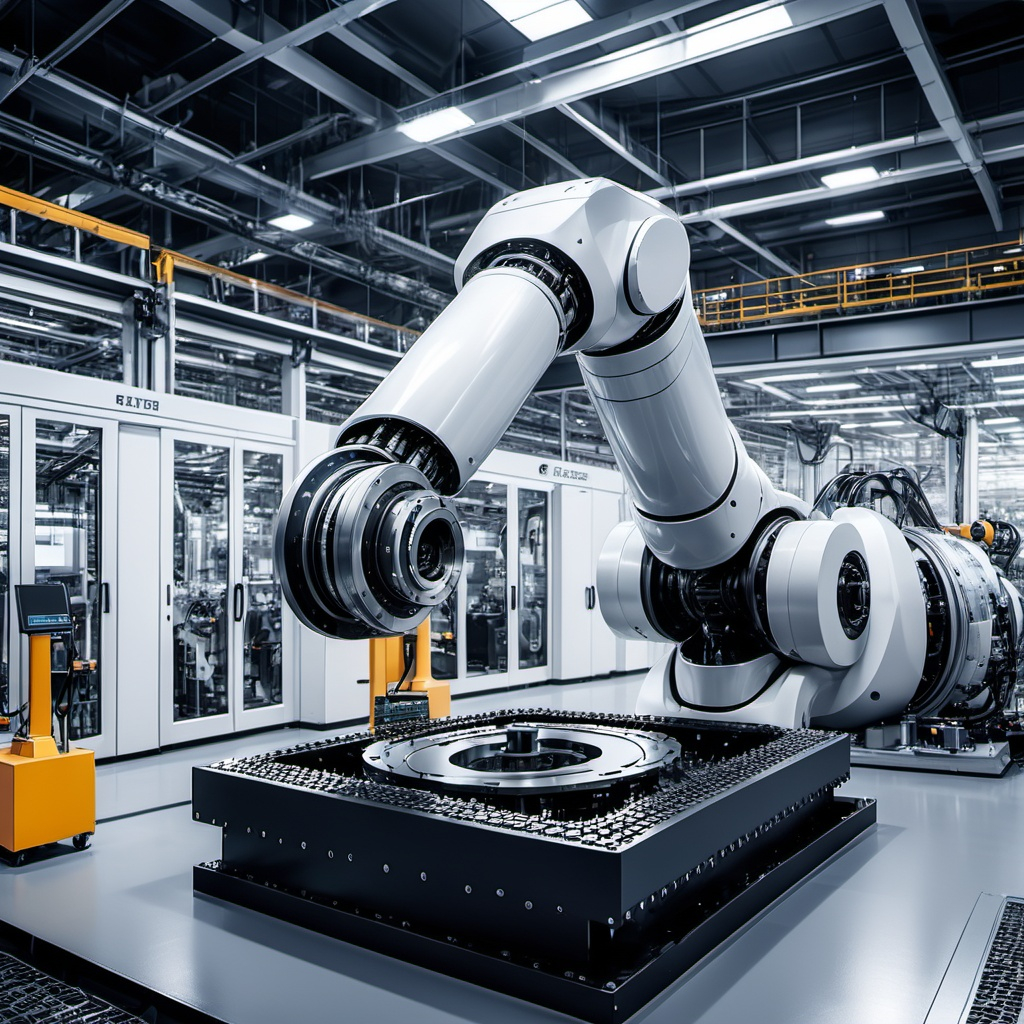Modern artificial intelligence (AI) technologies are helping companies around the world enhance manufacturing efficiency, reduce costs, and improve environmental performance. Here are some examples of how leading corporations are applying AI in their operations:
These examples showcase how AI is reshaping manufacturing, making it smarter, more sustainable, and as efficient as possible.
- BP uses AI to analyze geophysical data, enabling faster and more accurate identification of drilling sites. AI evaluates parameters like depth, density, and rock composition, optimizing costs and reducing the likelihood of errors.
- TotalEnergies applies AI to optimize energy consumption and reduce CO₂ emissions. Data analysis helps minimize the carbon footprint, making production more sustainable.
- Eni has implemented AI systems to monitor environmental risks. AI analyzes data on emissions and environmental conditions, enabling timely responses to potential threats and improving environmental performance.
- Schneider Electric uses AI to manage energy systems in real time, preventing outages and optimizing power supply. This approach helps reduce energy loss and enhances network reliability.
- PetroChina leverages AI to analyze geological data, improving exploration and oil production processes. Machine learning algorithms enable more accurate identification of prospective reserves.
- General Electric (GE) has launched the Predix platform to predict equipment failures, helping reduce downtime and maintenance costs. Predictive analytics allow participating companies to boost operational efficiency.
- Foxconn has automated assembly processes with AI-powered robots, enhancing productivity and product quality. AI algorithms oversee assembly, minimizing costs and improving task precision.
- AI GEEKS — AI for predicting elevator failures with over 90% accuracy. AI GEEKS’ success in predictive maintenance can be adapted for equipment monitoring and cost reduction in manufacturing.
These examples showcase how AI is reshaping manufacturing, making it smarter, more sustainable, and as efficient as possible.
